Asking For It: Interview with Author Louise O’Neill
The Asking For It stage adaptation makes its UK debut this January
This post may contain affiliate links. Learn more
Louise O’Neill’s unsettling yet powerful Irish novel caused a stir when published in 2015, winning Book of the Year at the Irish Book Awards and spending 52 weeks as a top 10 bestseller. We spoke to the bestselling author about what to expect from the book’s compelling stage adaptation, from the intelligent multimedia set design to the handling of the novel’s heavy themes…
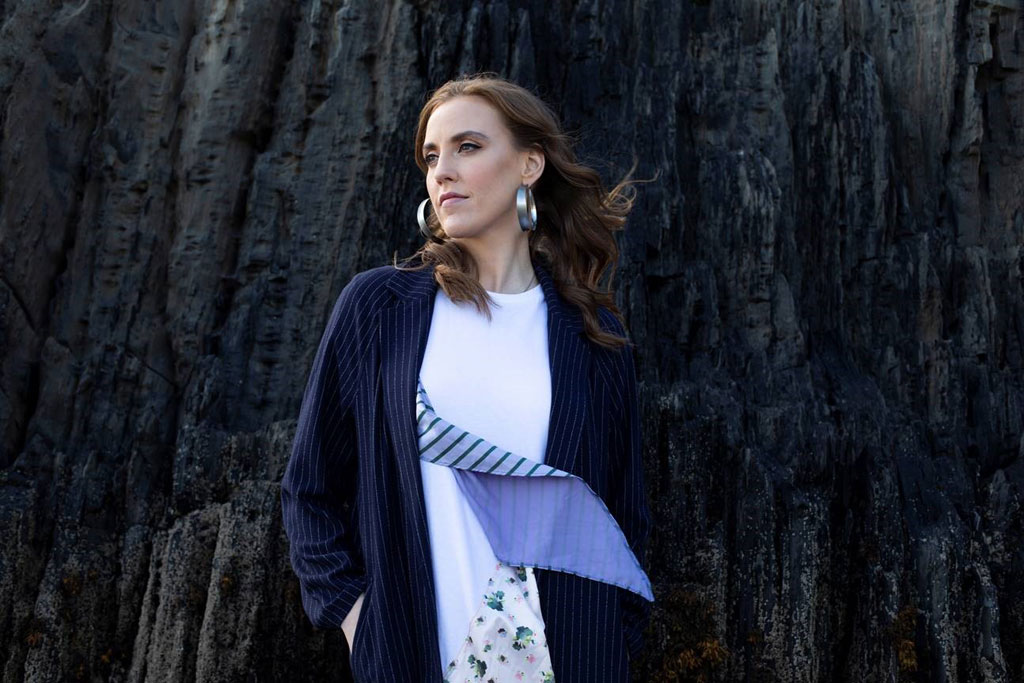
Louise O’Neill | Photo: Clare Keogh
Exploring the concept of sexual consent, Asking For It spoke to an audience that, as O’Neill says, were ready to have ‘this conversation; to talk about sexual violence and a culture in which that violence is often normalised or trivialised’. Beautifully written from the perspective of the protagonist and victim, Emma, the novel is an indispensable read, shining a light on the complexities and life-changing after-effects of these shattering acts of violence.
Now adapted for the stage and having broken box office records in both Cork and Dublin, (also winning the Audience Choice Award at The Irish Times Irish Theatre Awards 2018), Asking For It is making its UK debut at the Birmingham Repertory Theatre this January.
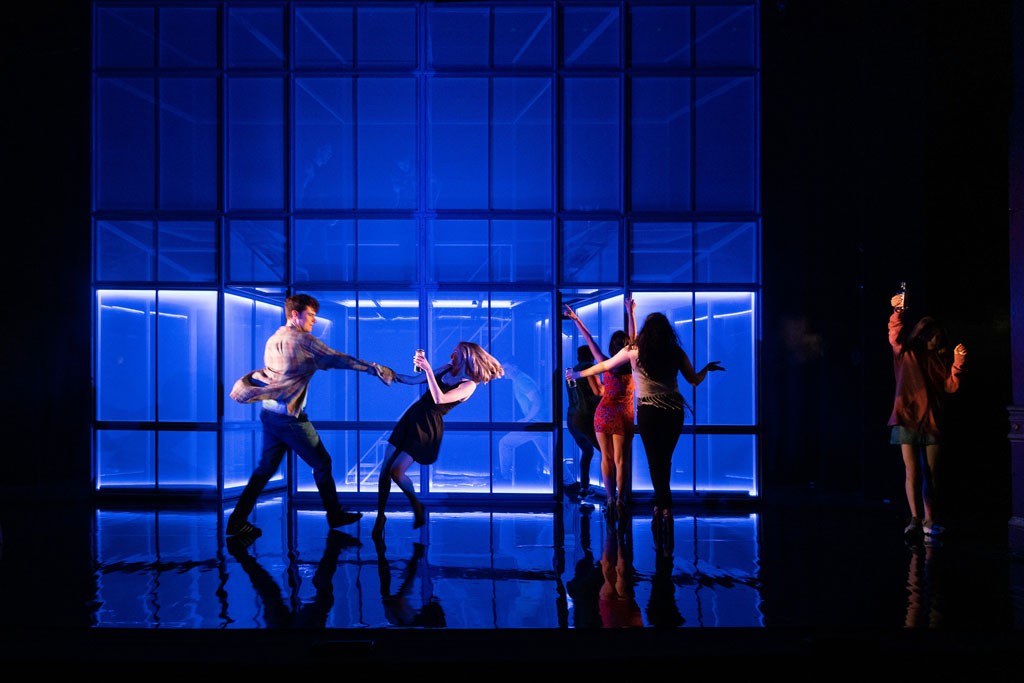
Photo: Jed Niezgoda
How did the concept of adapting Asking For It for the stage come about?
The book came out in 2015, but it was 2017 when I was approached by Anne Clarke of Landmark Theatre Productions and Julie Kelleher of the Everyman Theatre about adapting Asking For It for the stage. I really love the theatre – I wanted to be a theatre actress when I was a teenager – and so was really excited at the prospect of one of my books being adapted for the stage.
Having known Julie Kelleher on a personal basis, I knew our political ideologies were pretty well aligned and although I didn’t know Anne Clarke, I was very aware of her reputation in the Irish Theatre world; I had seen a number of Landmark Productions and so was aware of the calibre of theatre she produces. I was really honoured that these two women would have been interested in buying the rights for my book.
Then they mentioned that they wanted Annabelle Comyn to direct and Meadhbh McHugh to adapt the book into a play. In the wake of the feminist movement in Ireland, I was really pleased at the idea of a female-written book being produced by two women, directed by a woman and adapted by a woman as well.
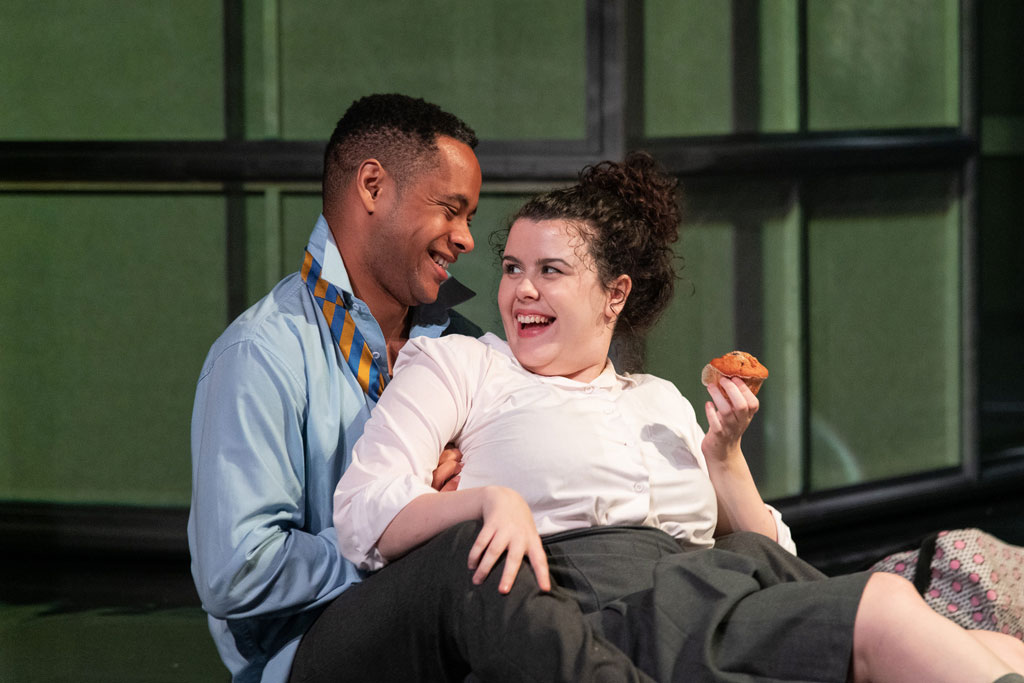
Photo: Jed Niezgoda
The book is hard-hitting and tackles difficult issues that people often find hard to discuss. How is this relayed in the stage production?
I saw this movie called The Accused when I was a teenager. It’s a very powerful piece of work, but I was unprepared as to how graphic the rape scene was going to be. I remember being very traumatised, so this was something I was conscious of when writing the book; I didn’t want that to be depicted on the page as it were. I felt that sometimes sexual violence can be used in a gratuitous way in popular culture, and it’s something that, as a survivor of sexual violence myself, I find very triggering, so I didn’t want that to be in my book.
I was very pleased with the stage adaptation, because I think they also handled that scene in a way that is challenging and provoking, but is also artistically responsible and sensitively handled. It’s still very confronting, but it isn’t done in a way in which you feel that it’s supposed to titillate. It’s used in a way that feels very authentic and very real.
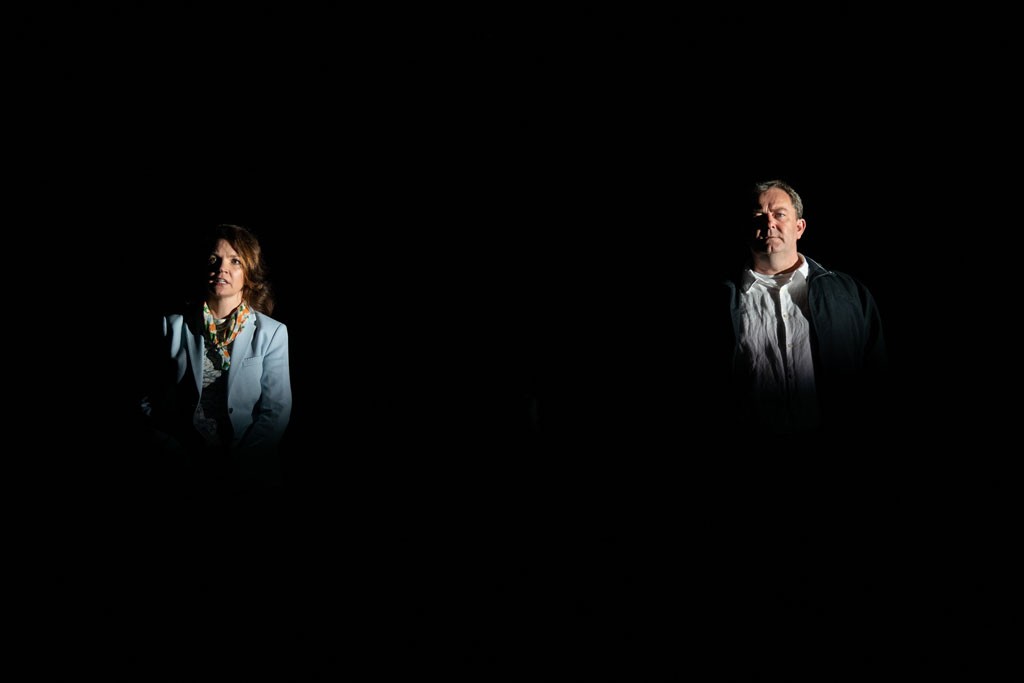
Photo: Jed Niezgoda
Readers and reviewers have hailed Asking For It as an important book to read. Was this your intention?
My intention with the book was to start a conversation. I had no understanding or control over how large or small that conversation would be, but I think Asking For It came at the right time; people were ready to have this conversation, to talk about sexual violence and a culture in which that violence is often normalised or trivialised, and sometimes art can be a really useful and powerful way of facilitating what are often very difficult conversations. Asking For It was part of that conversation and adapting the book for the stage means that conversation can be continued, expanded and brought to a greater audience.
What can readers expect from the stage production’s set design?
It’s a really beautiful piece of set design; very modern and designed to look almost like a glass box, because the play utilises a lot of multimedia and video, which is effectively projected onto the glass. Then the set morphes and shapes itself into Emma’s bedroom, into the park after school, and then really comes to life during the party scene.
In the second act, a year on from the assault and where we see Emma dealing with her trauma, the set almost folds into itself. It portrays so beautifully the sense of claustrophobia as the world shrinks around and her family, like the walls are closing in on them. It’s an incredibly clever piece of set design.
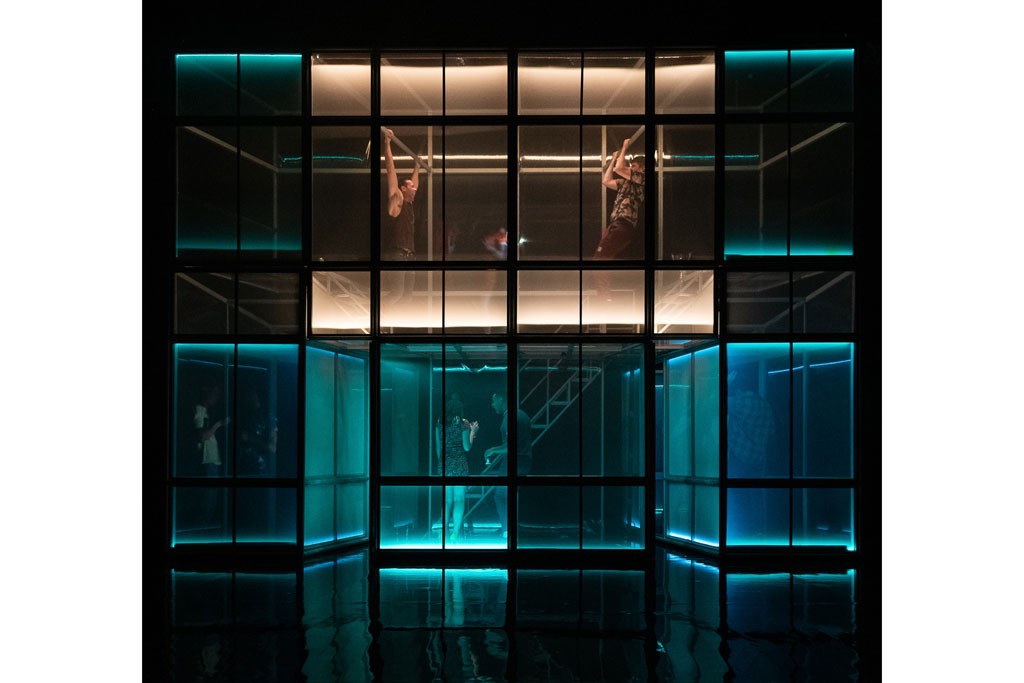
Photo: Jed Niezgoda
The book is based in Ireland, while the production has played in Ireland’s National Theatre, The Abbey. How do you think it will fare with audiences overseas?
The themes and issues in Asking For It are unfortunately so universal now, so it doesn’t really matter where this will be performed. I think that in its specificity, it will actually become even more universal and there are aspects of the play that will resonate with every audience in every country around the world.
What’s exciting about the Asking For It adaptation is that it’s quite different from anything that has come before in that it’s so relevant and moderate with such a young cast, and there’s such a sense of vibrancy, vitality, urgency and importance to this play. The pace is incredibly compelling.
Asking For It will run at Birmingham Repertory Theatre from 29 January – 15 February 2020. Book tickets via birmingham-rep.co.uk
READ MORE: Where to Watch Ballet in the UK | 20 Things to Look Forward to in 2020
